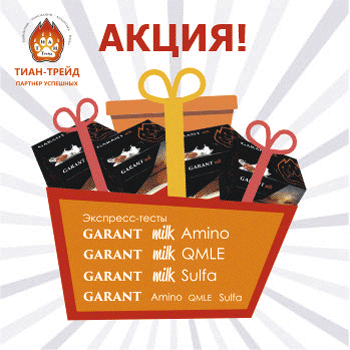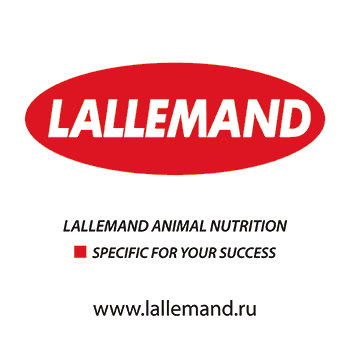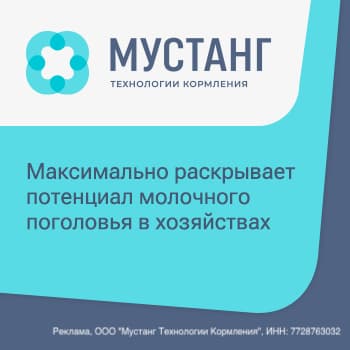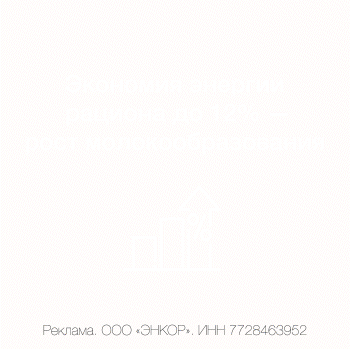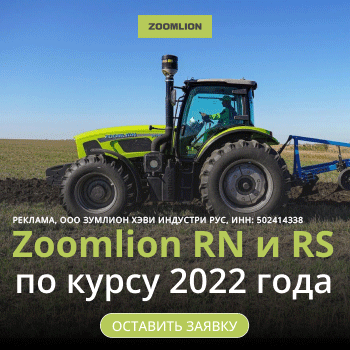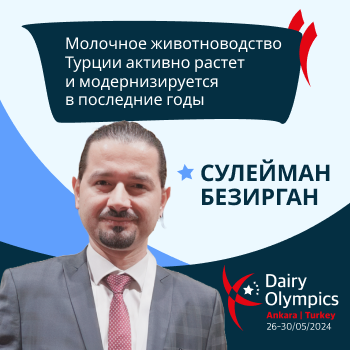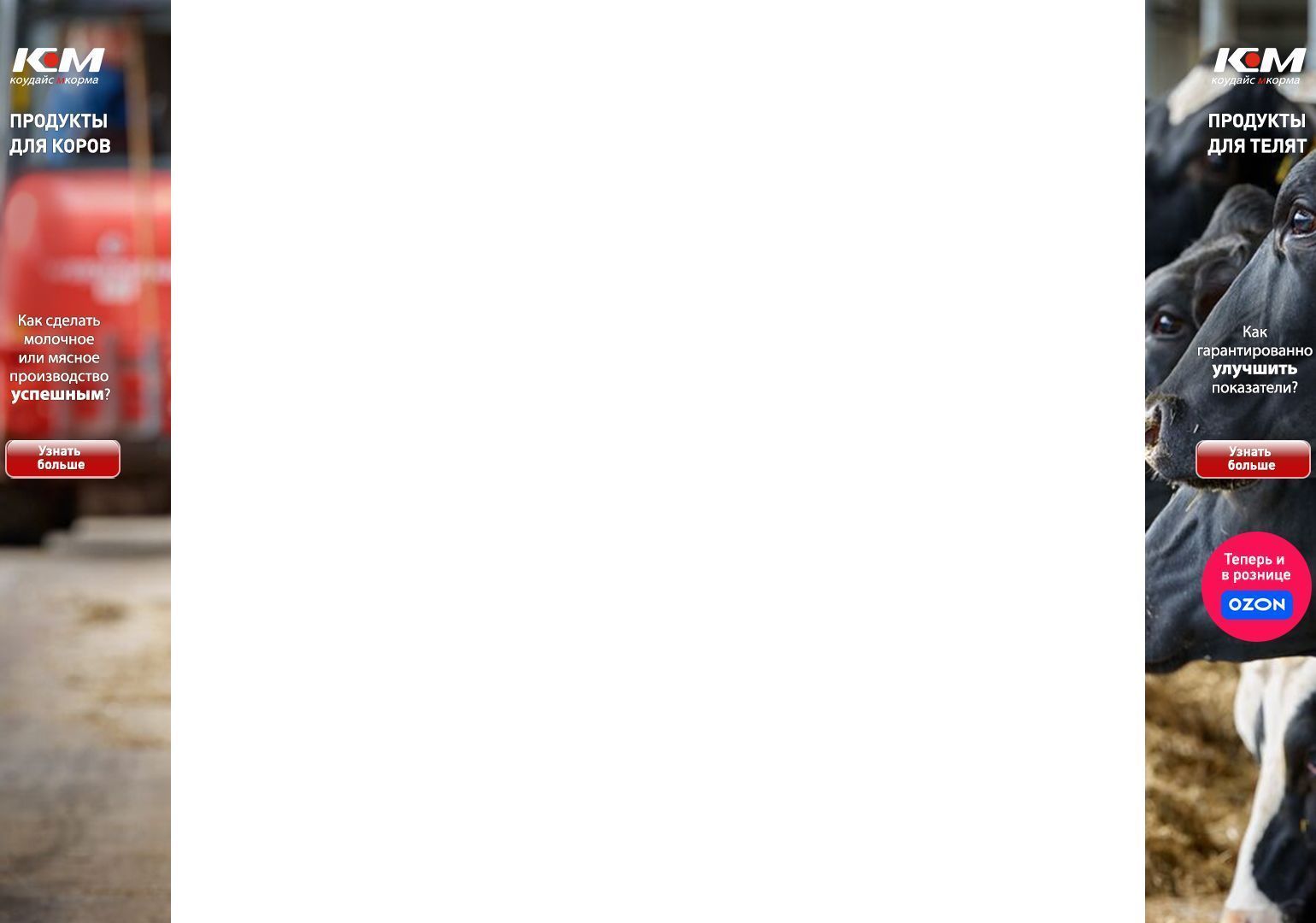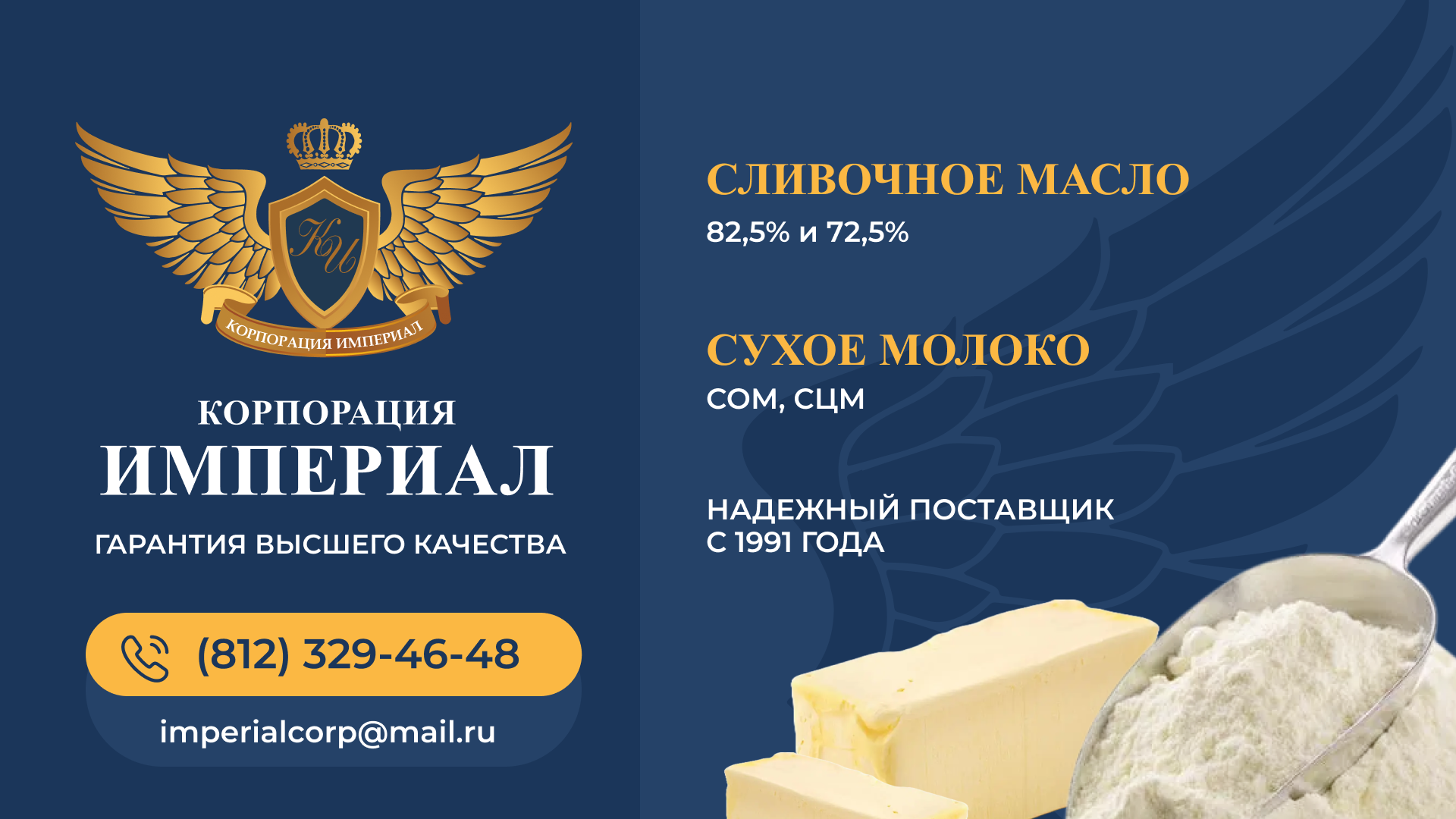How Russia subsidized Belarus through milk
Источник: The DairyNews
Does Russia subsidize dairy production of Belarus and who depends on whom in the common customs space? The DairyNews is trying to find out.
The Republic of Belarus has reduced the minimum export prices for dairy products since April 26. Following this, Dairy Index RDRC showed a decline of 1.76%. The participants of the market claim that the decline in the indexes of the Belarusian authorities may lead to increased purchases of milk powder produced in Belarus, as a cheaper raw material. However, analysts point out that the minimum recommended export prices of Belarus decreased to the level of the Russian market.
For example, the price of skimmed milk powder of the class "Extra" has been set since April 26 at the level of 130 rubles/kg, of the class "Standard", milk powder concentrate and milk whey protein concentrate - 125 rubles/kg. On partially skimmed milk powder and whole milk powder and powdered dairy products with fat content higher than 1.5% the price will be 200 rubles/kg. We will remind that since April 13 there have been the following prices: skimmed milk powder of the class "Extra" - 155 rubles/kg, of the class "Standard" - 150 rubles/kg, whole milk powder - 230 rubles/kg.
It has to be noted that on May 1, 2017 the index RDRC made 24.56 rubles/kg (without VAT, with fat content -3.6%, protein content - 3.0%), by 1.76% lower than the index of April 24. The decline of the Dairy Index RDRC is due to the fall of the Index of import price, which amounted to 24.59 rubles/kg, 5.53% lower than last week. The index of import price decreased in response to falling prices for skimmed milk powder at the auction of Belarusian universal commodity exchange (BUCE), explain the analysts of the Russian Dairy Research Center (RDRC).
"I believe that decline in the minimum export prices for dairy products in Belarus is due to several factors. The first is the annual seasonal fluctuation of milk production. The main part of animals in Belarus, as in Russia, is located on old farms, where tied up housing system is used. And so in the spring-summer period in Belarus, as in Russia, there is a significant increase in milk production on the farms. And, as a consequence, the reduction of purchasing prices for milk. The second is what we have seen recently, the decline in demand for Belarusian dairy products, as for the last 2 years the product quality has become worse. The decrease in demand for Belarusian products is confirmed by trading network," - said in an interview with The DairyNews Dmitry Matveev, the General Director of GC "Kabosh".
In the next 5-7 years, Russia plans to produce additionally 5 million tons of milk. This was stated by Alexander Tkachev in the framework of the All-Russian food security forum in Rostov-on-Don. In the meantime, however, the Russian Federation compensates the deficit of milk for the expense of deliveries from Belarus. "We are in fact subsidizing dairy production of Belarus, it supplies 5 million tons of dairy products per year", - said Alexander Tkachev.
According to market participants interviewed by The DairyNews, the state support of the dairy industry in Belarus differs significantly from the Russian one. "However, we have to admit it differs for the better. This is due to the fact that their President considers the dairy industry to be one of the main drivers of the economy. In addition, they have put into operation many new facilities for the production of cheese and milk powder recently. In my opinion, the export of dairy products from Belarus to Russia will be consistently high as this, unfortunately, is connected to politics," - said Dmitry Matveev.
According to analyst of INFAGRO Maxim Fasteev, the minimum export prices for dairy products in Belarus fell to the level of the Russian market. This is due to the fact that, previously, the indexes were above market, and in fact, the prices of real transactions in Russia were already at that level, explained the expert in the comments.
"Belarusian officials are studying the situation on the market and have reduced the minimum export prices in order to resume official sales through the Belarusian exchange and break the gray schemes. In principle, prohibition of the Rosselkhoznadzor, which relates to Belarusian products, influences the Russian market more than these indicators. <...> Concerning the Russian market, the indexes again do not specify it, and try to follow it. Here one needs to look for the cause of the decline in prices in Russia. Demand has reduced, and the production of milk, according to the statistics, is growing," - said Maxim Fasteev.
There are enough of milk processors in Russia working with milk powder, noted Andrey Egorov, the Director of LLC "Alev-Industry". "Such pricing, probably, will urge dairy producers to buy Belarusian raw milk much cheaper than to produce of living milk. There are enough producers working with milk powder, especially in the Central part of Russia. We in the Volga region are now filled with milk, but it is much more expensive than, for example, the Belarusian milk powder, so the volume of Belarusian exports are likely to increase", - said Andrey Egorov.
Meanwhile, the price of skimmed milk powder at the latest Global Dairy Trade auction increased by 7.1%.
As The DairyNews already reported, the Russian authorities actively promote the implementation of the mechanism of interventions on the dairy market in 2017. Taking into account the serious import deliveries it is not clear who will be supported in the current circumstances by the Russian intervention: domestic producers, Belarus or foreign countries.
Read full article in Russian on DairyNews.ru
For example, the price of skimmed milk powder of the class "Extra" has been set since April 26 at the level of 130 rubles/kg, of the class "Standard", milk powder concentrate and milk whey protein concentrate - 125 rubles/kg. On partially skimmed milk powder and whole milk powder and powdered dairy products with fat content higher than 1.5% the price will be 200 rubles/kg. We will remind that since April 13 there have been the following prices: skimmed milk powder of the class "Extra" - 155 rubles/kg, of the class "Standard" - 150 rubles/kg, whole milk powder - 230 rubles/kg.
It has to be noted that on May 1, 2017 the index RDRC made 24.56 rubles/kg (without VAT, with fat content -3.6%, protein content - 3.0%), by 1.76% lower than the index of April 24. The decline of the Dairy Index RDRC is due to the fall of the Index of import price, which amounted to 24.59 rubles/kg, 5.53% lower than last week. The index of import price decreased in response to falling prices for skimmed milk powder at the auction of Belarusian universal commodity exchange (BUCE), explain the analysts of the Russian Dairy Research Center (RDRC).
"I believe that decline in the minimum export prices for dairy products in Belarus is due to several factors. The first is the annual seasonal fluctuation of milk production. The main part of animals in Belarus, as in Russia, is located on old farms, where tied up housing system is used. And so in the spring-summer period in Belarus, as in Russia, there is a significant increase in milk production on the farms. And, as a consequence, the reduction of purchasing prices for milk. The second is what we have seen recently, the decline in demand for Belarusian dairy products, as for the last 2 years the product quality has become worse. The decrease in demand for Belarusian products is confirmed by trading network," - said in an interview with The DairyNews Dmitry Matveev, the General Director of GC "Kabosh".
In the next 5-7 years, Russia plans to produce additionally 5 million tons of milk. This was stated by Alexander Tkachev in the framework of the All-Russian food security forum in Rostov-on-Don. In the meantime, however, the Russian Federation compensates the deficit of milk for the expense of deliveries from Belarus. "We are in fact subsidizing dairy production of Belarus, it supplies 5 million tons of dairy products per year", - said Alexander Tkachev.
According to market participants interviewed by The DairyNews, the state support of the dairy industry in Belarus differs significantly from the Russian one. "However, we have to admit it differs for the better. This is due to the fact that their President considers the dairy industry to be one of the main drivers of the economy. In addition, they have put into operation many new facilities for the production of cheese and milk powder recently. In my opinion, the export of dairy products from Belarus to Russia will be consistently high as this, unfortunately, is connected to politics," - said Dmitry Matveev.
According to analyst of INFAGRO Maxim Fasteev, the minimum export prices for dairy products in Belarus fell to the level of the Russian market. This is due to the fact that, previously, the indexes were above market, and in fact, the prices of real transactions in Russia were already at that level, explained the expert in the comments.
"Belarusian officials are studying the situation on the market and have reduced the minimum export prices in order to resume official sales through the Belarusian exchange and break the gray schemes. In principle, prohibition of the Rosselkhoznadzor, which relates to Belarusian products, influences the Russian market more than these indicators. <...> Concerning the Russian market, the indexes again do not specify it, and try to follow it. Here one needs to look for the cause of the decline in prices in Russia. Demand has reduced, and the production of milk, according to the statistics, is growing," - said Maxim Fasteev.
There are enough of milk processors in Russia working with milk powder, noted Andrey Egorov, the Director of LLC "Alev-Industry". "Such pricing, probably, will urge dairy producers to buy Belarusian raw milk much cheaper than to produce of living milk. There are enough producers working with milk powder, especially in the Central part of Russia. We in the Volga region are now filled with milk, but it is much more expensive than, for example, the Belarusian milk powder, so the volume of Belarusian exports are likely to increase", - said Andrey Egorov.
Meanwhile, the price of skimmed milk powder at the latest Global Dairy Trade auction increased by 7.1%.
As The DairyNews already reported, the Russian authorities actively promote the implementation of the mechanism of interventions on the dairy market in 2017. Taking into account the serious import deliveries it is not clear who will be supported in the current circumstances by the Russian intervention: domestic producers, Belarus or foreign countries.
Read full article in Russian on DairyNews.ru
Популярные темы
05.04.2024
В России резко сократилось количество импортных ветпрепаратов. Часть хозяйств используют запасы, другие переходят на отечественные аналоги. Российские производители наращивают производство и выводят на рынок новые препараты. Участники отрасли поделились с The DairyNews мнениями о текущей ситуации с ветпрепаратами и перспективах импортозамещения в этом сегменте.
Читать полностью
15.04.2024
Dairy Index DIA вырос на шесть копеек
01.04.2024
Dairy Index DIA вырос на три копейки

